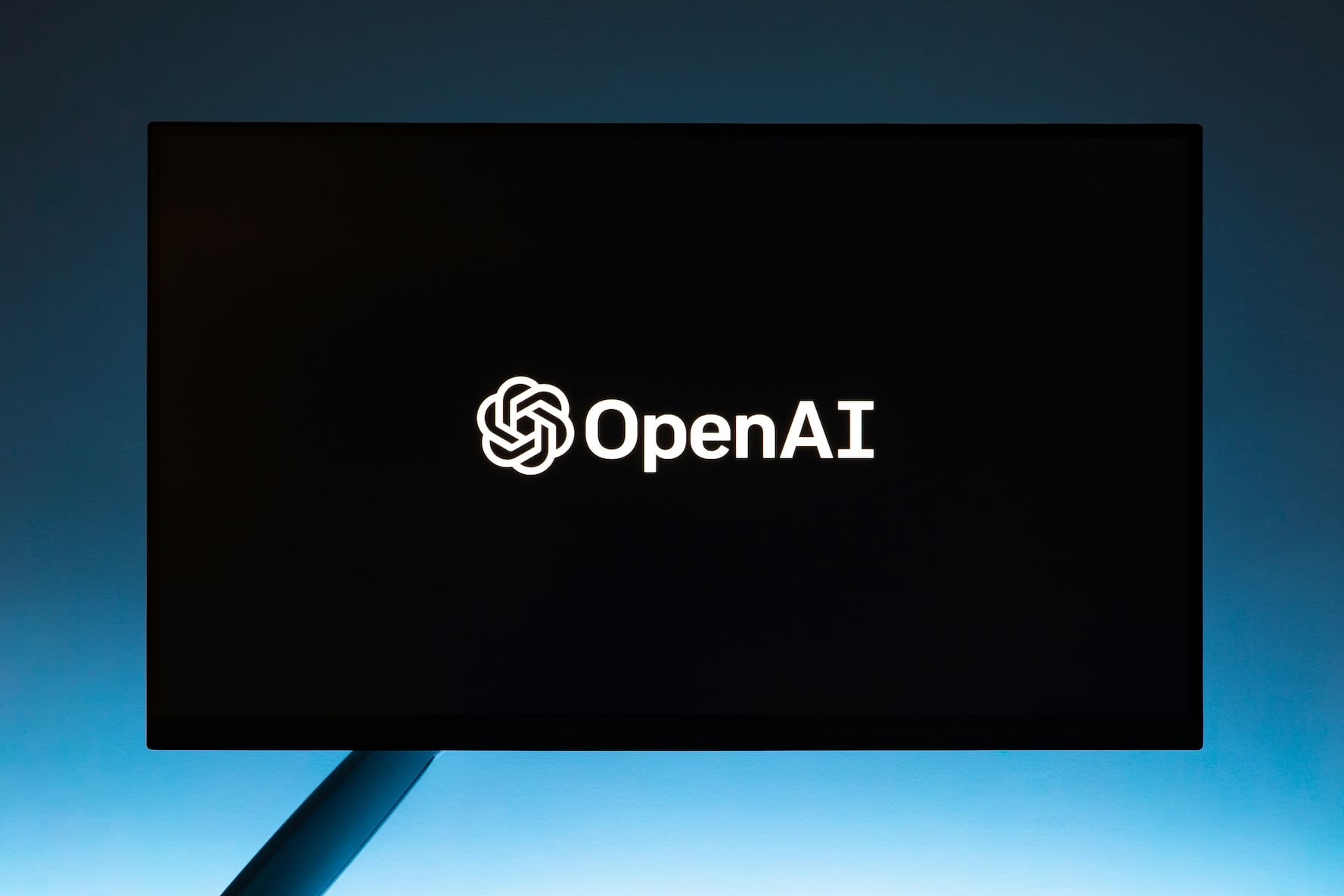OpenAI, the company behind the famous ChatGPT, is considering a bold business move: offering high-level artificial intelligence (AI) agents for a cost of up to $20,000 per month (approximately €18,500). According to a report from The Information, these agents would be designed to perform complex tasks that typically require advanced human expertise, such as automated coding, research, and hypothesis testing. This initiative is part of a strategy to diversify their products and increase revenue in an increasingly competitive market.
Details of the New Pricing Model
The AI agents will be offered at different levels to cater to users’ needs. For high-income professionals and knowledge workers, OpenAI plans to offer a more basic version for $2,000 per month (around €1,850). However, the main focus is on the PhD-level agents, which could reach $20,000 monthly. The latter are intended for highly specialized tasks, such as automating advanced processes and making decisions based on in-depth analysis.
This new pricing model marks a significant leap compared to the company’s previous rates. Until now, the most expensive version of ChatGPT, not including agents, was offered for $200 per month (about €185). Despite these revenues, OpenAI continues to report financial losses, highlighting the need to explore new sources of income.
The Impact on the Industry and the Future of Work
The introduction of these AI agents not only represents a technological advancement but also raises questions about the future of work. Are companies willing to pay $20,000 per month for AI instead of hiring a human professional? According to sources close to the project, SoftBank, one of OpenAI’s major investors, has already committed $3 billion (nearly €2.78 billion) to develop these products, suggesting a strong bet on their viability and profitability.
OpenAI expects these agents to account for between 20% and 25% of its total revenue in the long term. This forecast indicates that the company is confident that businesses will integrate these tools into their operations, prioritizing them over hiring human staff in certain roles.
Adapt or Get Left Behind
The arrival of these AI agents is not just a simple technological evolution; it is a sign that the job market is changing rapidly. Professionals in areas like programming, research, and data analysis must consider how to integrate these tools into their work to remain relevant. As experts point out, “it’s not that AI is replacing people; it’s people who know how to use AI that are replacing those who don’t.”
Is This the Future of AI or Just a Passing Trend?
As OpenAI moves forward with this ambitious project, the key question is whether this model will be sustainable and profitable. Although SoftBank’s investment and revenue expectations are encouraging, success will depend on the ability of these agents to justify their high cost with tangible results. For now, the message is clear: high-level AI is here, and those who do not adapt risk being left behind.
In summary, OpenAI is making a strong bet on PhD-level AI agents as a key revenue source. However, this strategy also highlights the need for professionals and companies to rapidly adopt these technologies to avoid losing ground in an increasingly automated market.

